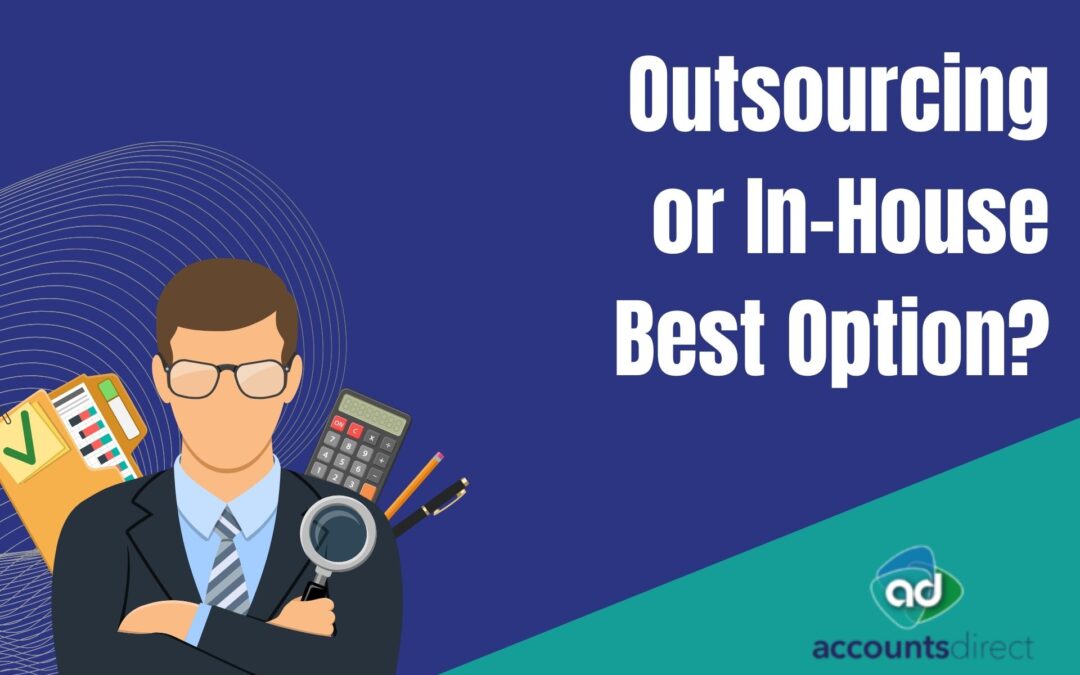Choosing between outsourcing and in-house accounting and bookkeeping services can be a difficult decision for accounting firms. Both options have their advantages and disadvantages, and it’s important to consider them carefully before making a decision. Here are some of the pros and cons of outsourcing vs in-house accounting and bookkeeping services:
Outsourcing:
Pros:
- Access to specialized expertise: Outsourcing accounting and bookkeeping services gives you access to specialized expertise that may not be available in-house.
- Cost-effective: Outsourcing can be a cost-effective solution for accounting firms since it eliminates the need to hire in-house staff, pay for benefits, and invest in hardware and software.
- Scalability: Outsourcing providers can offer a scalable solution that can grow with your business.
Reduced risk: Outsourcing providers are experts in their field and are up-to-date with the latest tax laws and regulations. They can help minimize the risk of errors and ensure compliance with all applicable laws.
Cons:
- Lack of control: Outsourcing accounting and bookkeeping services means that you are entrusting your financial information to an external provider. This can result in a lack of control over your financial data.
- Communication issues: Outsourcing providers may be located in a different time zone or country, resulting in communication issues.
- Dependence on a third-party provider: Outsourcing providers may experience issues that are outside of your control, such as technical problems or personnel issues.
In-House:
Pros:
- More control: In-house accounting and bookkeeping services give you more control over your financial data and how it’s managed.
- Direct communication: In-house staff are readily available for communication and can provide immediate assistance.
- Familiarity with your business: In-house staff have a better understanding of your business and its financial needs.
Cons:
- Increased costs: In-house accounting and bookkeeping services can be more expensive due to the costs of hiring and training staff, benefits, and investment in hardware and software.
- Limited expertise: In-house staff may have limited expertise in certain areas of accounting and bookkeeping.
- Limited scalability: In-house staff may not be able to scale up or down as quickly as an outsourcing provider.
In conclusion, the decision to outsource or keep accounting and bookkeeping services in-house depends on the specific needs and circumstances of each accounting firm. Outsourcing can be a cost-effective solution that provides access to specialized expertise, while in-house services provide more control and familiarity with your business. It’s important to carefully consider the pros and cons of each option before making a decision.

